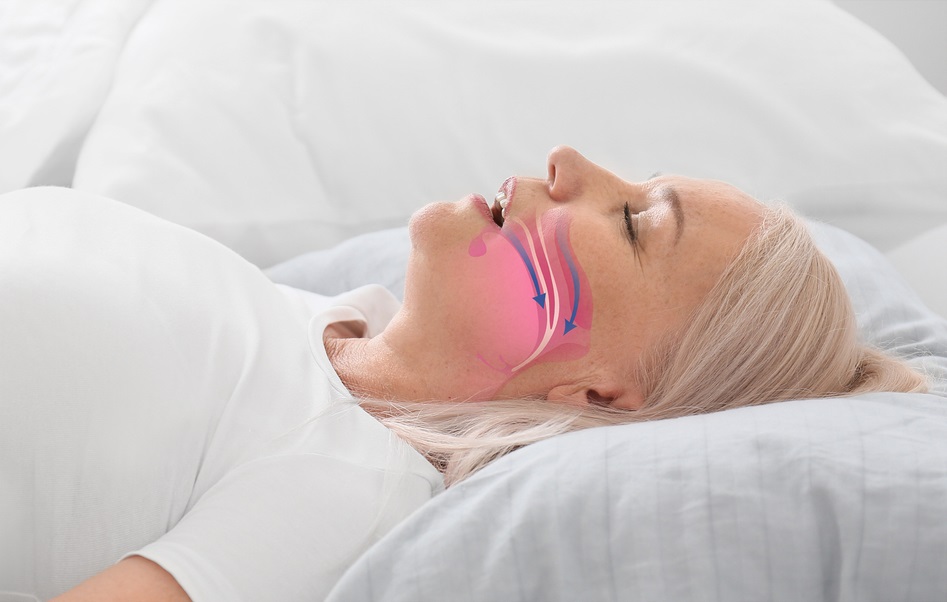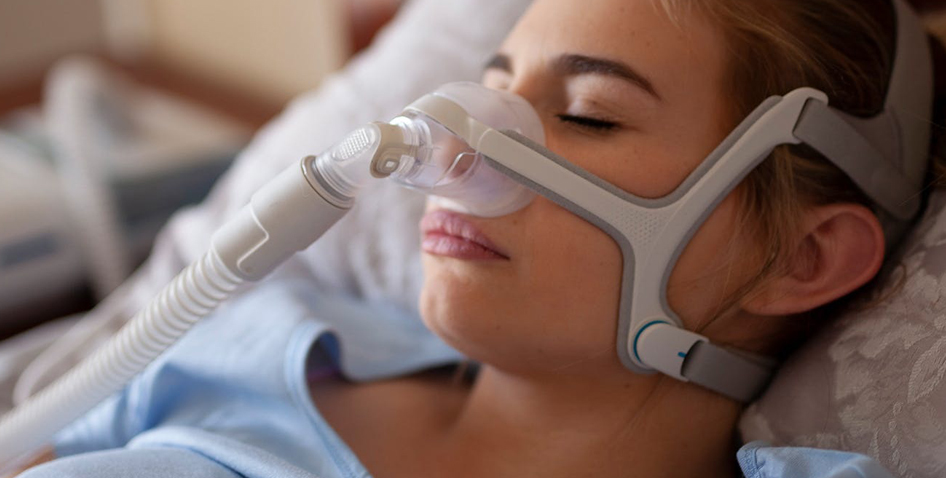Obstructive sleep apnea (OSA) is a common but dangerous sleep disorder that affects millions of people all over the world. If you or someone you know has trouble sleeping, snores loudly, or feels tired all the time during the day, this blog post will explain what OSA is, what causes it, what its signs are, and how it can be treated.
What Is Obstructive Sleep Apnea?
Obstructive Sleep Apnea is a sleep disease in which breathing stops several times while sleeping. Apneas are these breaks in breathing that happen when the muscles in the back of the throat don’t keep the airway open. Because of this, people with OSA stop breathing briefly but often, sometimes hundreds of times in a single night.
Causes of Obstructive Sleep Apnea
Excess Weight:
OSA is more likely to happen in people who are overweight. Too much fat around the upper mouth can make it hard to breathe.
Neck Circumference:
People with longer necks may have a smaller airway, which makes them more likely to have OSA.
Family History:
If someone in your family has OSA, you may be more likely to get it yourself.
Age:
OSA is more common among older people.
Gender:
OSA is more likely to happen to men than to women, but women are more likely to get it if they are overweight, and it can also happen to women when they are pregnant.
Symptoms of Obstructive Sleep Apnea
Loud Snoring:
Snoring all the time is one of the most common signs of OSA.
Pauses in Breathing:
When a bed partner notices these breaks in breathing, it can be a clear sign of OSA.
Excessive Daytime Sleepiness:
People with OSA often feel very tired during the day, which makes it hard for them to focus.
Morning Headaches:
OSA can cause oxygen levels to drop during sleep, which can lead to headaches in the morning.
Available Treatments
Lifestyle Changes:
For light cases, making changes to your lifestyle like losing weight, working out regularly, and not drinking or taking sleep aids before bed can help.
Continuous Positive Airway Pressure (CPAP):
A CPAP machine is often used to treat OSA that is mild to moderate. It keeps the mouth open while sleeping by sending a steady stream of air.
Oral Appliances:
By moving the jaw, a dentist can make a custom oral appliance that helps keep the airway open.
Surgery:
In the worst cases, surgery may be needed to get rid of extra tissue in the throat or fix skeletal problems.
Obstructive sleep apnea is a serious disease that can affect your health and well-being in a big way. If you think you or someone you know has OSA, you need to see a doctor right away. OSA can be managed well with the right diagnosis and treatment, letting you get a good night’s sleep without interruptions and improving your general health. No longer let OSA keep you from getting a good night’s sleep!




